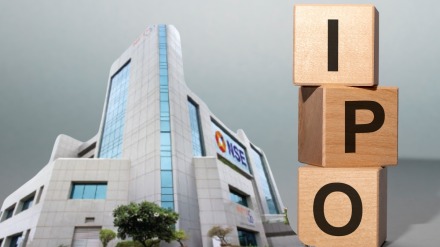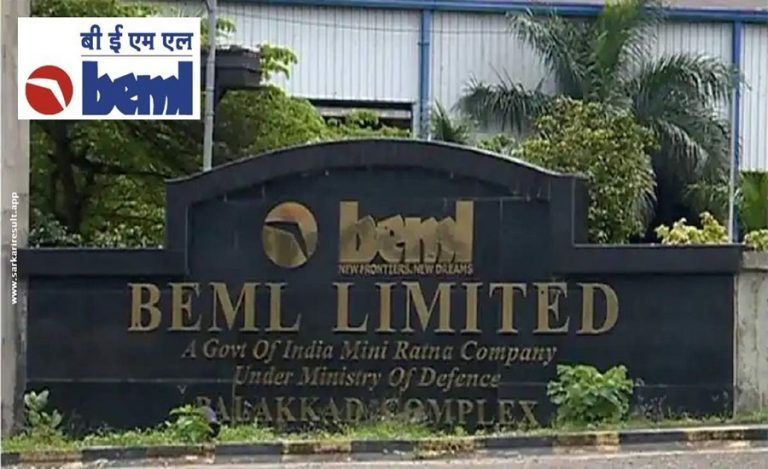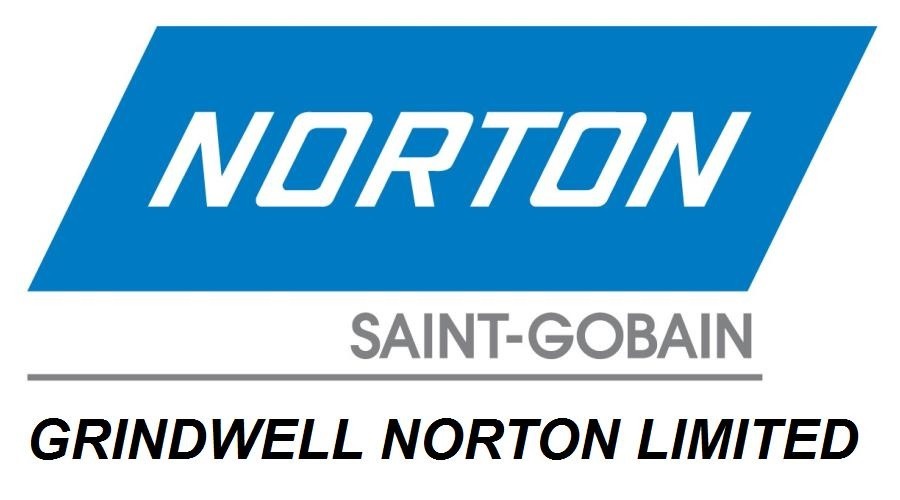
Follow WOWNEWS 24x7 on:
Updated: May 09, 2025 07:15

India's National Stock Exchange (NSE), the largest derivatives exchange in the world and the nation's largest bourse, has once again rekindled its long battle to become a listed company, this time by allegedly approaching the Ministry of Finance to resolve a long-standing impasse with the Securities and Exchange Board of India (SEBI). The action is a major escalation in a unusual and high-stakes confrontation between the country's most powerful exchange and its top market overseer.
Key Highlights
NSE has been trying to bring out its initial public offering (IPO) since 2016, but there has been no regulatory approval in sight because of pending legal cases and governance practice concerns.
The exchange's top domestic competitor, BSE Ltd, has been listed since 2017, putting pressure on NSE to do the same and offer a way out to big investors like Life Insurance Corporation of India, State Bank of India, Morgan Stanley, and the Canada Pension Plan Investment Board.
As per reports quoting sources familiar with the case, NSE recently wrote a letter to the finance ministry following its recent request for a 'no objection certificate' (NOC) from SEBI going unapproved in March. It made similar demands in 2019, in February and December of 2020, and again in August 2024.
The letter reportedly urges the finance ministry to engage with SEBI’s new chairman, Tuhin Kanta Pandey, to address and resolve the regulator’s concerns about NSE’s IPO. These concerns include delays in appointing a board chairman and questions over the exchange’s process for selecting top management.
NSE, in its communication, is said to have dismissed SEBI’s governance concerns and blamed the regulator for delays in approving its recommended chairman candidate since 2022. The exchange also questioned SEBI’s neutrality, suggesting recent regulatory decisions have disproportionately affected NSE compared to BSE, particularly in the futures and options market.
Another major point of contention is SEBI’s proposal that exchanges divest their stakes in clearing corporations, a move NSE claims could increase costs and threaten market stability.
SEBI, with its new chairman, has said it is making efforts to sort out the problems but insisted that public interest would not be sacrificed for commercial considerations. The regulator insists that unless all its departments are satisfied with the settlement of issues, an NOC would not be given.
Denials and Disputes
In spite of reports, NSE has publicly discounted approaching the government in recent months, asserting that there has not been any communication with the Ministry of Finance regarding the IPO during the past 30 months. The exchange's denial is amid media coverage and highlights the delicate and contentious nature of the impasse.
What's at Stake
A successful IPO would not just enable the exit of large institutional investors but also be a turning point for India's capital markets, which could redefine the competitive dynamics between NSE and BSE. The result of this tug-of-war will be keenly observed by market players, regulators, and investors alike, as it would establish key precedents in governance, regulatory oversight, and India's financial market infrastructure's future.
Sources: The Economic Times, Reuters, Business Standard, Financial Express



